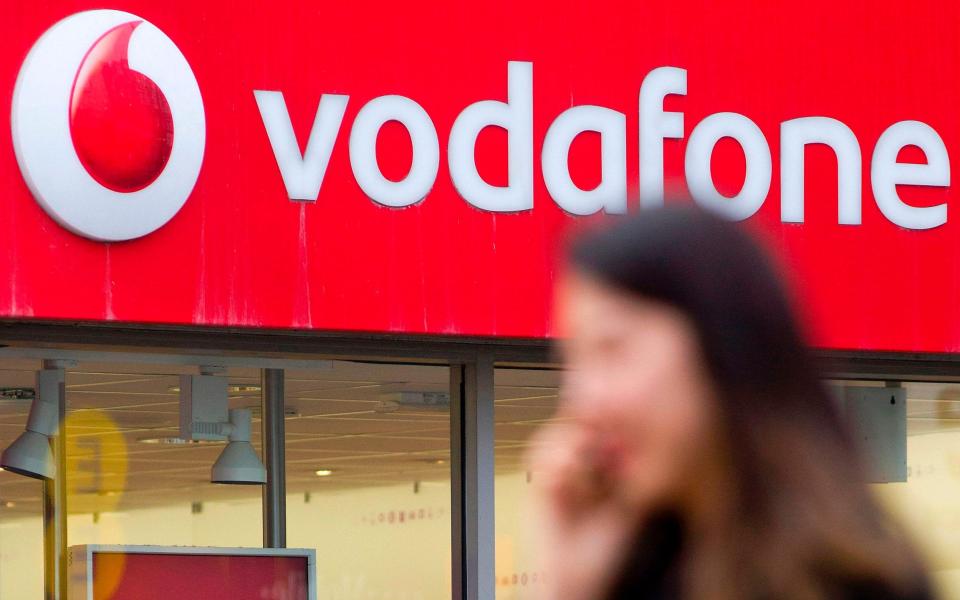Vodafone pushes ahead with 'gigafast' broadband plans in challenge to BT

Vodafone is moving ahead with its plans to connect millions of homes in Milton Keynes with "gigafast" broadband, saying some parts of the city will have access to the service from October.
The firm had been piloting the service over the summer, and said initially the "Vodafone Gigafast Broadband" will be available to around 3,700 homes, before being rolled out across the whole of Milton Keynes by 2020.
The service, starting at £23 per month, will also be launched in Aberdeen and Peterborough later this year. It will arrive in Coventry, Edinburgh, Huddersfield and Stirling in 2019.
Gigafast broadband allows for download and upload speeds 20 times and 150 times faster than the average fixed broadband connection in the UK, by using a pure optical fibre network at each stage of the connection.
Vodafone has gone up against the full-fibre offerings of companies such as Virgin Media and BT’s Openreach.
BT dominates the broadband market in the UK. Its network arm, Openreach, aims to connect fibre to 3 million premises by the end of 2020.
Currently only around 4pc of homes in the UK have fibre all the way to their doorsteps, with the majority still using copper-based telephone lines.
Vodafone said, by using a pure optical fibre network, its service will be "faster and more reliable". It will be offering four packages, of 100, 200, 500 or 900 megabits per second.

Vodafone's UK chief executive Nick Jeffrey said: "Starting in Milton Keynes, we are helping people break free from the shackles of their old, copper-based broadband. With Gigafast Broadband, Vodafone is investing in best-in-class infrastructure for the UK, equipping the nation for the future.”
It comes almost a year after Vodafone announced it had agreed a deal with CityFibre, which owns the core fibre-optic infrastructure being used for the service.
Vodafone agreed to pay wholesale charges for at least a fifth of CityFibre's new lines for 10 years under the deal, in return for the exclusive rights to sell broadband on the lines, pitting it against UK market leaders Openreach and Virgin Media.
Although Vodafone already owns ultrafast infrastructure in Continental Europe, it had been slower to enter the UK market, and the CityFibre deal gives it a leg up to compete with rival cable operators.

Moody's said at the time that the deal was "credit positive for Vodafone as it will improve the company’s UK broadband offering by providing access to a higher-quality fibre network at a lower cost than the regulated wholesale product offered by BT’s Openreach".
"This is likely to put further pressure on Openreach to upgrade its fibre-to-the-premises investment plan to 10 million premises from an intended 2 million currently as part of its ongoing consultation to alleviate competitive pressure, which comes on top of regulatory concerns," the rating agency said.
Other firms, such as CityFibre and Gigaclear, are building their own fibre-optic networks and hoping to bring them to millions of homes. However, only a small fraction have so far been connected.

 Yahoo Finance
Yahoo Finance 